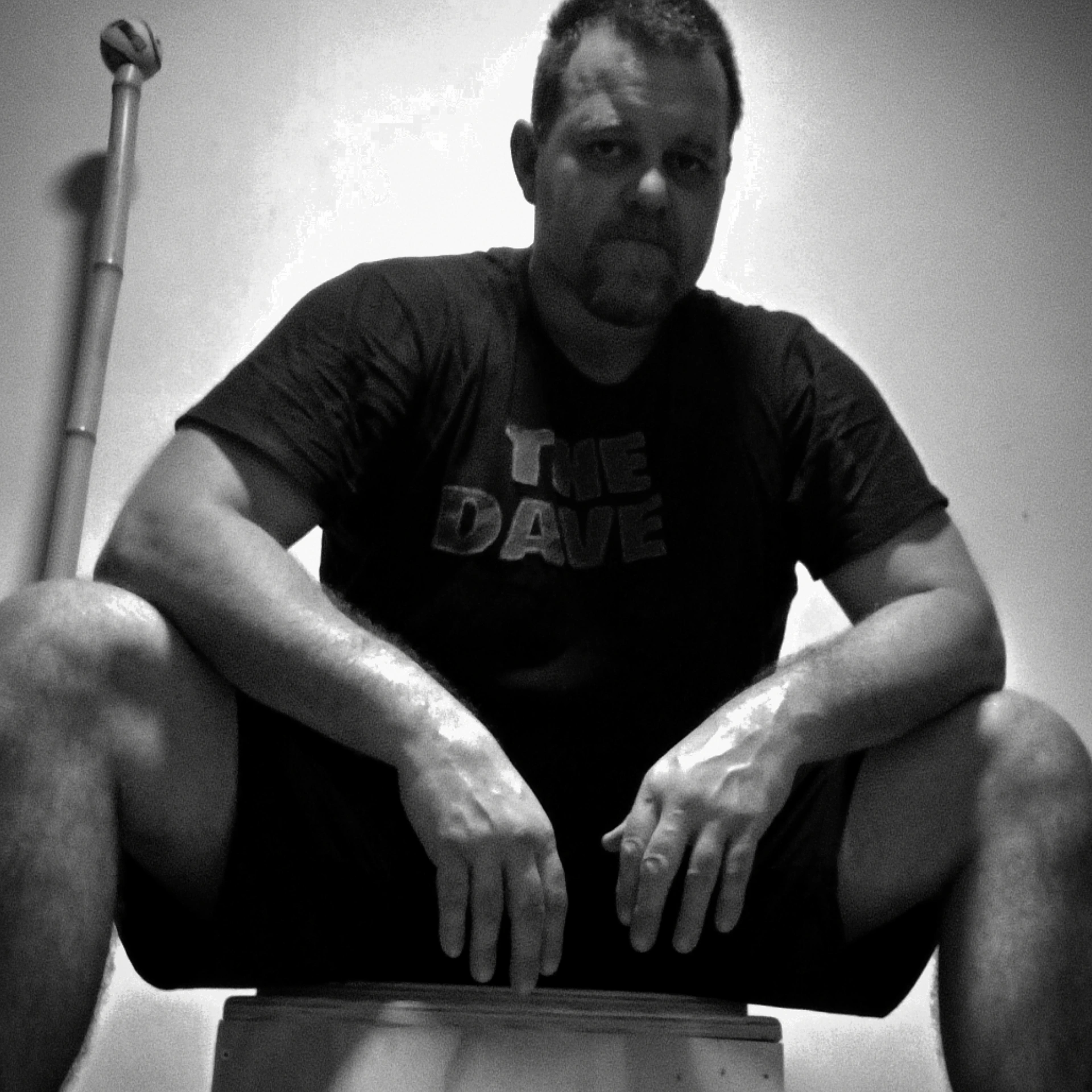Stu McGill says don't deadlift.....
- Dave Hedges

- Feb 16, 2024
- 4 min read
Updated: Jun 17
Deadlifts
There is a new episode of the Drive podcast with Peter Attia featuring Stuart McGill and McGill says in no short order, that if you deadlift heavy you will require hip replacements in later life.
He essentially likens it to an either/or choice.
Set Deadlift PR's or be healthy enough to play with your grandchildren.
Here's the relevant portion of the almost 3 hr episode: https://youtu.be/tM599A6wUAw?si=_mPRvvZsUKdfGkjD
You back?
What do you think?
The internet is getting pretty hot under the collar about this.
I watched the clip (haven't done the whole podcast yet, that's on my to do list), and I had to put it away and ruminate for a while.
It should come as no surprise to hear that the Deadlift is a staple of WG-Fit training, and one of my personal favourite lifts.
Then a colleague over in the US, renowned kettlebell expert Mr Mark Reifkind posted the clip on his facebook page and he and I had wee chat, before his comments section exploded that is.
Here's the link to that:
Then Adam Meakins, the "Sports Physio" gets involved and call the whole thing bullshit.
I hold Rif and Meakins both in high regard. But, as always I will, as i expect you to, make up my own mind based on evidence, knowledge and experience.
So where does my own knowledge and experience go with the original video and the varied responses?
In short, get strong, stay mobile, and become enduring.
That's the message I've been putting out for nearly 2 decades.
I've also often warned about specialisation.
This is where Rif and I went with our thinking. He's been a competitive gymnast, then body builder then powerlifter.
He and I were on pretty much the same page that at some point all lifts reach a point of diminishing returns.
Chasing bigger numbers in the weight room only serves competitive lifters, it doesn't really serve anyone else.
As much as the strength coach in me hates to say it, what we do in the weight room only serves to increase performance potential, there's no guarantee that what we do in the weight room will ever transfer over into your real life.
I like to think that my methods have a good track record for improving people's performance, but a big part of what I do is ensure gradual progress and offer variation when it's needed.
I don't like specialisation for specialisations sake. It is my opinion that as you get more specialised, you have to start cutting out other stuff.
And that is where problems may arise.
Bringing this back to the Deadlift, if I choose to specialise in it and chase serious numbers, what is that going to cost me?
Will it mean I drop many of the other things I do in order to put that time and energy into the dead?
Here lies the issue, I believe.
Is it as black and white as McGill is saying in the video?
Absolutely not.
Lift, build muscle, build strength.
But do not become overly specialised or focussed on the numbers.
Everything we do in training should be cycled.
Currently I am not deadlifting. I am mainly doing double kettlebell long cycle and squats.
When I do long cycle and deads, I find it does a number on my old back injuries.
Which if I ignore, well that could lead to me adding weight to McGill's argument.
But if I stop deadlifting for the winter as I focus on Long Cycle, then return to deadlifting in the warmer months as I add in a lot of outdoor training with the Bulgarian bag, bodyweight movements and kettlebell work tends to go towards Snatch, which is one bell and therefore light.
Then I can keep strong, mobile and enduring, without ever suffering the ravages of specialisation.
If you are in the WG-Fit bootcamp (the program is available on my TrainHeroic as 3x/wk or 4x/wk option on my TrainHeroic page) then you'll deadlift every monday.
But it's cycled over 12 weeks, peaking in week 12. Most of the deadlift session running up to that final week should be somewhat easy. Somewhat.
Plus we balance the hips with plenty of other stuff.
The results of the program speak for themselves, Seb posts them on instagram all the time.
Training that hurts you or breaks you down is not training.
Training should build you up, make you better.
After several weeks of training, you should feel stronger, more mobile, more enduring.
A feeling that amplifies as that training goes from weeks to months, months to years.
As soon as you feel that you're no longer improving, maybe then it's time for change.
Maybe time to look at what movement patterns are missing, maybe time to think about holes in the training plan, evidence of "training scars" beginning to form.
Keep self assessing, which is what I always encourage people to do with their arm ups, and you should stay healthy for as long as feasibly possible.
I'd love to hear your thoughts on this whole debate.
Do think differently to myself?
Would you like to add to the conversation?
Do you have a question that is related to this?
Or an unrelated question that you'd like me to delve into?
Such as why in my most recent social media posts am I wearing my old Red bandana with the black flames and not the sexy new WG-Fit logo design bandana?
That's easy, my eldest stole the bandana for himself, as I expected him to.
So I have to order another for myself.
You should too...
And don't forget, the "Last Set Best Set" T-shirt expires at the end of Feb. Get one before they're gone, who knows when I'll design a new catchphrase T-shirt.....
Regards
Dave Hedges



Comments